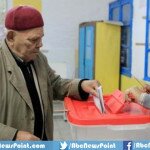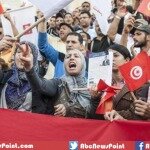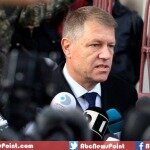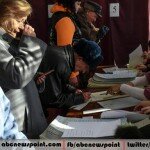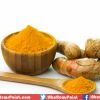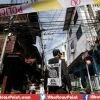Both Candidate Claim Victory In Tunisia
The candidate of the secular alliance Beji Caid Essebsi claimed victory Sunday December 21 in the second round of the presidential election in Tunisia. No results even partial having been released the outgoing president Moncef Marzouki challenging his defeat.
The indicators we indicate a victory of Beji Caid Essebsi, said a few minutes after the closing of polling stations Mohsen Marzouk campaign manager of this veteran of the life policy Tunisian, but advance of estimates.
Faced with nearly 2 000 people gathered outside his campaign headquarters the 88-year secular candidate thanked his voters and praised his rival, though the enmity between the two men is notorious. I dedicate my victory to the martyrs of Tunisia.
Thank Marzouki We should now work together without excluding anyone, said the former member of the Constitutional Democratic Rally Sunday (RCD) of ousted dictator Zine El Abidine Ben Ali.
Moncef Marzouki, meanwhile, refused to recognize the victory of his opponent until the results have not been disclosed. Tunisia won today, democracy won, we must remain united.
Despite the victory of our adversaries ads, all indicators are positive for us, said the outgoing president to a crowd of supporters gathered at campaign headquarters in Tunis. His campaign manager Adnen Mansar had shortly before is to know that it was a close election and that there is nothing to was yet confirmed.
In the first round on 23 November, Essebsi had obtained 39.4% of the vote against 33.4% for Marzouki elected three years ago by the constituent assembly. Participation had been close to 65%.
Nearly 5.3 million voters went to the polls for the second round, which closes the transition almost four years after the overthrow of Zine El-Abidine Ben Ali.
The election cycle this year end must complete the transition in Tunisia, despite several attacks attributed to the jihadist movement and repeated political crises, avoided switch into chaos or repression, unlike the most other countries of the Arab Spring.











